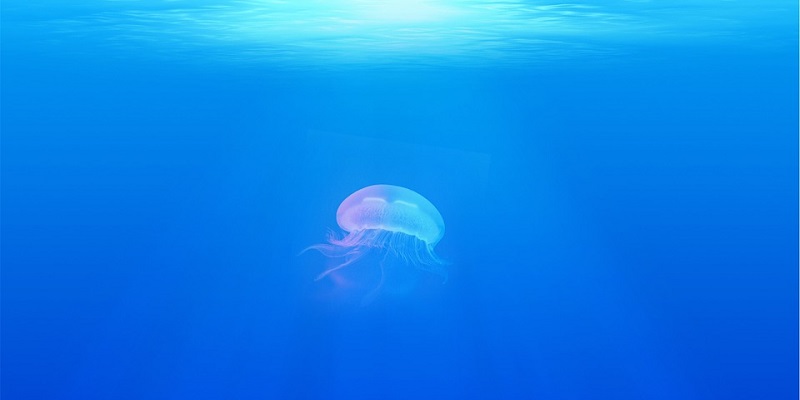

About Oceanography
Oceanography is the study of our oceans, including their circulation, physical and chemical properties, life, and sustainability. Physical, biological and chemical oceanographers often work together to better understand how the ocean works, affects global climate, and impacts communities. You could tackle challenges of safe shipping, sustainable food supply, sanitary sewage disposal and healthy recreation.
Program Details
Offered at the undergraduate level at UBC through the honours in fisheries oceanography program, the program is a good fit if you want to pursue graduate studies or work as a consultants in fisheries or environmental management. You can also pair the program as a combined major or honours--including with biology, chemistry, geology, geophysics, microbiology and immunology, or physics. UBC is home to the Institute for the Oceans and Fisheries, the Marine Mammal Research Unit, Project Seahorse, and the Pacific Centre for Isotopic and Geochemical Research, giving undergraduates a wealth of experiential learning opportunities. You'll collect data at sea, conduct laboratory experiments, and simulate ocean phenomena using computers.
Skills
- Application of environmental awareness and conservation knowledge to climate issues impacting oceans and marine ecosystems
- Experimental project design and implementation, including developing research proposals, technical data reports, and presentations
- Data processing and statistical analysis
- Computer modeling and cartography
- Focused field work that may include CTD casts, zooplankton and phytoplankton net tow sampling, and nutrient and element sampling
- Laboratory experience with processing nutrient samples, using microscopy and analytical methods with exposure to spectroscopy, mass spectrometry, electroanalysis, and chemical separations
- Usage of MATLAB, Python, R and speciation software
Specializations offered
- Combined Major: Oceanography and Chemistry
- Honours, Fisheries Oceanography
- Combined Honours, Oceanography and another subject


